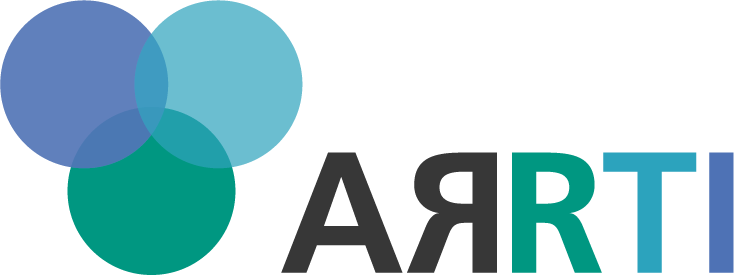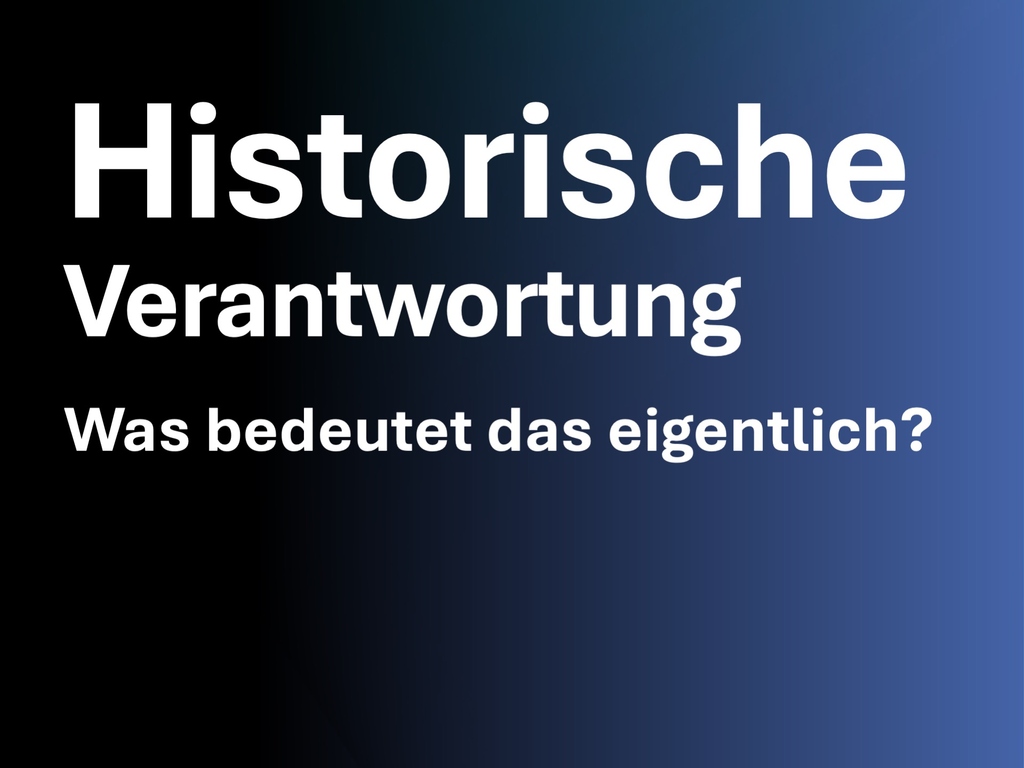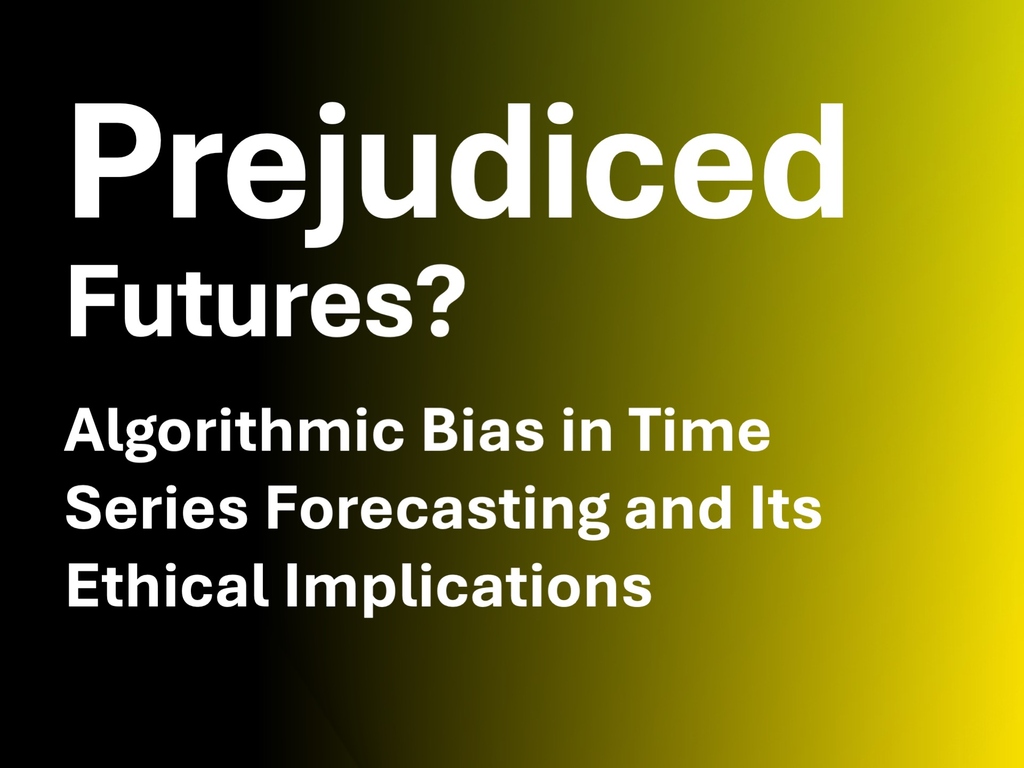The key aim of this initiative is to promote responsible and sustainable research as well as critical reflection on the benefits and risks associated with it. Particularly with regard to the exploration and implementation of new technologies, it is imperative that innovation and technical development not be the sole focus and that moral aspects are also considered right from the start.
Relevant questions are often identified in group discussions based on the criteria of ELSI—Ethical, Legal and Social Implications. Ethical implications relate, for example, to the limitation of autonomy, while legal aspects deal with issues such as data privacy and social implications take societal consequences into account.
Focusing on interdisciplinary research, all stakeholders should be involved in this discussion so that expertise from different perspectives and disciplines can be brought together and a holistic assessment can take place.
The challenge of such an assessment is that research is an ongoing process and not all relevant points can be considered in advance. Evaluations must therefore be dynamically adapted to the current state of research and continuously called into question. This solution-oriented approach enables responsible research to be carried out during the development of new technologies so that potential undesirable consequences can be identified and eliminated at an early stage.




| Name | Title | Job Description |
|---|---|---|
| Deml, Barbara Director for Research |
Prof. Dr.-Ing. Dipl.-Psych. | |
| Popplow, Marcus Debuty Director for Research |
Prof. Dr. | |
| Bagattini, Alexander Research and Outreach |
Dr. PD | Kooperationen KIT-extern, Panels, Medienbeiträge, Ringvorlesung "Ethik der IT“, Exemplarische Studiengangsintegration, ELSI-Projekt, EiL-Workshop |
| Merkel, Sophia scientific staff |
M.A. | Responsible Research Challenge, Female Excellence Award |






